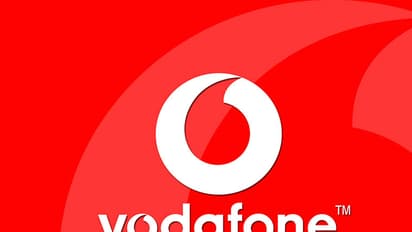Vodafone says IoT Healthcare can improve millions of lives, save billions of dollars

Synopsis
The connected solutions based around the Internet of Things (IoT) will help people follow their medical treatment programmes more closely. Bringing together smart devices, connectivity and the cloud, the Internet of Things (IoT) can lead to more effective healthcare, adds the report.
Vodafone has released a paper supported by Bernard Vrijens, Professor in public health at the University of Liege, Belgium claiming how IoT can play a big role in healthcare. It won't just help improve millions of lives but also save billions of dollars.
The connected solutions based around the Internet of Things (IoT) will help people follow their medical treatment programmes more closely. In case of long term treatments like hypertension, cancer and HIV, half of the patients do not follow doctor's instructions. This reduces the patients chances of recovery, as per World Health Organisation.
Vodafone IoT Director Erik Brenneis added, “This is a great example of how the internet of things has the potential to help people live healthier lives and access more effective medical treatment. We hope that the vision and creativity of people like Professor Vrijens will quickly become a reality with the IoT. We believe that we are on the threshold of a
significant change in the way chronic diseases are managed.”
Bringing together smart devices, connectivity and the cloud, the Internet of Things (IoT) can lead to more effective healthcare, adds the report. It will provide individualised information on therapy and encouraging patients to follow the complete treatment.
It could potentially save an estimated $290 billion in otherwise avoidable medical spending, in the US alone each year, said the report. Data-driven and IoT enabled adherence would benefit patients, clinicians, medical device companies and those payinmg for provision of medical services.
University of Liege Professor of public health Bernard Vrijens said, “Healthcare providers currently monitor four main vital signs: body temperature, pulse rate, respiration rate and blood pressure. The IoT means they’ll soon be able to accurately measure a fifth – adherence. I believe that that the importance of connectivity in the both medical devices and in patient engagement cannot be under estimated. This is a pivotal moment on the road to more individualised
healthcare.”
Find the latest Technology News covering Smartphone Updates, AI (Artificial Intelligence) breakthroughs, and innovations in space exploration. Stay updated on gadgets, apps, and digital trends with expert reviews, product comparisons, and tech insights. Download the Asianet News Official App from the Android Play Store and iPhone App Store for everything shaping the future of technology.